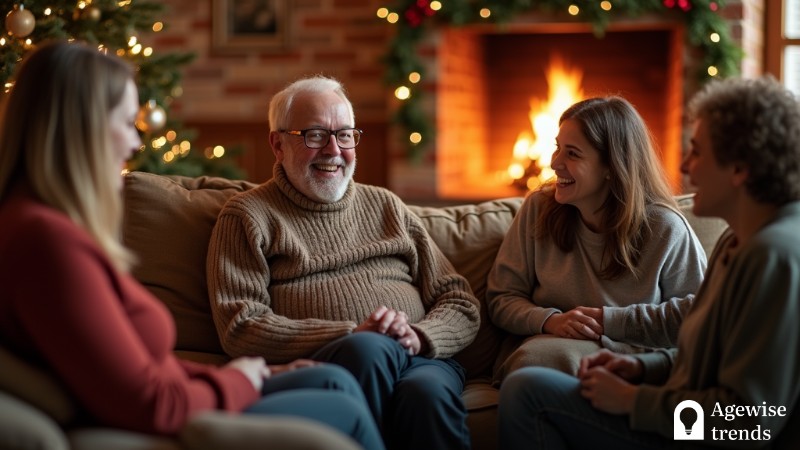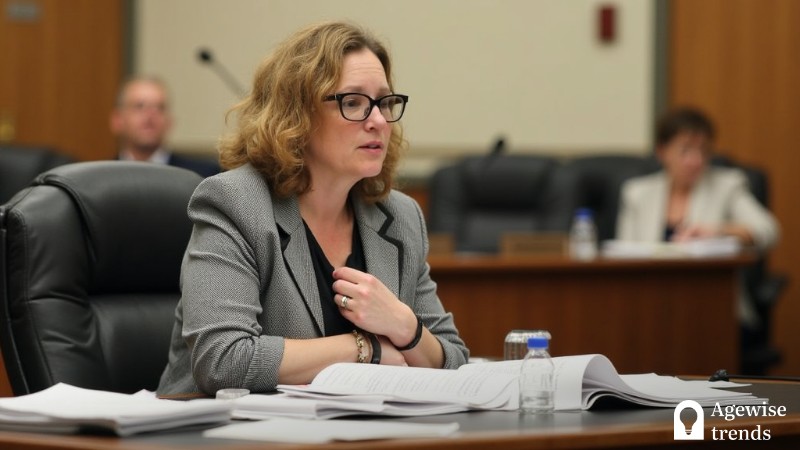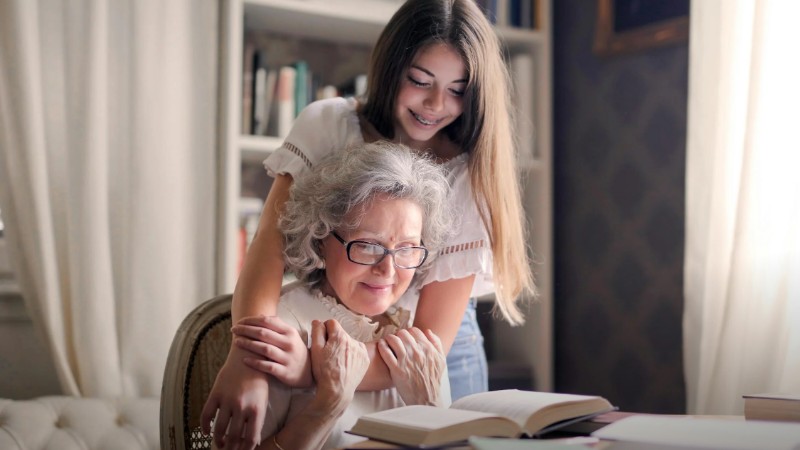The holiday season is typically a time for joy, celebration, and cherished moments with loved ones. Yet, for many older adults, it can also be a period marked by loneliness and isolation.
As the holidays approach, these individuals may find themselves distanced from family and friends or disconnected from the familiar traditions that once brought them comfort.
The festive spirit, which usually promotes connection, can instead highlight the emptiness of absence and amplify feelings of disconnection.
Recognizing these challenges is the first step toward alleviating holiday isolation.
Key Takeaways
For many older adults, the holiday season can be a period marked by loneliness and isolation, but there are ways to alleviate these feelings.
- Participate in neighborhood festivities, such as community events or volunteer work, to connect with others and build relationships.
- Stay connected through technology, including video calls, phone conversations, and social media, especially for those who cannot attend in-person events.
- Prioritize self-care by engaging in personal holiday traditions, practicing self-compassion, and seeking professional support when needed.
Understanding the risks of social isolation
Social isolation is a critical issue for older adults, and the holiday season often amplifies these feelings.
A 2020 study by the National Academies of Sciences, Engineering, and Medicine found that more than 20% of seniors in the U.S. experience isolation. This issue can stem from various sources, such as physical distance from family, personal hardships, or the loss of meaningful social ties.
If not addressed, this sense of detachment can have severe impacts on physical and mental health. Research links social withdrawal to higher rates of cardiovascular disease, cognitive decline, and even an increased risk of mortality.
U.S. Surgeon General Dr. Vivek Murthy highlighted in his 2023 report on loneliness the profound impact isolation can have on overall well-being.
During the holidays, which are typically a time for togetherness and celebration, these feelings of loneliness can become even more pronounced for many seniors.
Navigating holiday loneliness
The holiday season can be tough for older adults, as feelings of isolation are often magnified. However, even in times of solitude, there are ways to ease feelings of loneliness. Here are a few approaches.
Participate in neighborhood festivities
Community centers, religious organizations, and libraries are excellent places to find holiday events and activities designed to bring people together. These local hubs often host a wide range of seasonal opportunities for socializing, from festive markets and live performances to crafting sessions, book clubs, and seasonal cooking classes.
Participating in these events not only creates chances to connect during the holidays, but they also help build and strengthen relationships year-round.
Beyond the joy of shared experiences, these gatherings can also serve as a valuable opportunity for seniors to explore and discover the various community resources that are available to them.
Get involved and give back
Volunteering offers a wealth of benefits, from building connections with like-minded individuals to boosting mental well-being. During the holiday season, many non-profit organizations, such as food banks, shelters, and community centers, are especially in need of additional help.
Volunteer opportunities go beyond physical locations, with some organizations offering the flexibility of remote involvement.
For those facing physical challenges, trained caregivers can assist in engaging with festive traditions and activities, making it easier to participate and experience the joy of the season.
Stay connected through technology
For those who can’t make it to in-person events, technology opens up a world of opportunities to stay connected and engaged.
Video calls and phone conversations can help close the physical distance, making it possible for individuals to share important moments, celebrate holidays together, and offer emotional support, regardless of locations.
Setting up regular virtual check-ins, especially during the holiday season, can be a game-changer in keeping relationships strong and creating a sense of closeness that transcends miles.
Beyond video calls, social media, emails, and instant messaging provide additional ways to stay in touch. These platforms allow individuals to keep up with the lives of friends and family, share updates, and feel involved in each other’s lives.
While technology can’t fully replace face-to-face interaction, it serves as an invaluable tool to stay connected and engaged when physical visits are not possible.
Consider the comfort of pets
The companionship of a pet can be incredibly comforting for seniors. Pets provide unconditional love and emotional support, which can alleviate feelings of loneliness.
Studies show that spending time with pets significantly reduces stress and helps older adults feel more connected to the world around them. In fact, a nationwide poll revealed that 85% of participants felt that interacting with pets helped alleviate their sense of isolation.
For those who may not be able to adopt a pet permanently, many local shelters offer the opportunity to foster animals temporarily.
Holiday fostering programs, in particular, allow seniors to care for a pet during the season, offering the companionship and joy that comes with animal interaction without the long-term commitment.
Seek support
During the holidays, feelings of loneliness or sadness can hit harder for some, creating an emotional burden that’s difficult to carry alone. When these feelings become overwhelming, seeking professional support is more critical than ever.
Therapy, counseling, and support groups offer a safe space to explore emotions and gain insights into managing the challenges of isolation.
These resources can provide much-needed relief, helping older individuals navigate the emotional ups and downs of the season and empowering them to find ways to reconnect with themselves and others.
The Eldercare Locator, a service from the U.S. Administration on Aging, can help seniors find suitable care providers, mental health resources, and other services in their area. This can be a vital first step in identifying the support systems available to help combat isolation.
Make self-care a priority
Prioritizing physical and emotional well-being through self-care can make a world of difference in easing holiday isolation.
These efforts help create a sense of balance and stability, making it easier to handle the ups and downs of the season. Practicing self-compassion—by letting go of perfection and embracing kindness to oneself—helps reduce the emotional pressure that often comes with the holidays.
Personal holiday traditions, like cooking a cherished recipe, decorating with festive touches, or watching a favorite holiday film, offer a comforting sense of routine and connection. Such simple rituals serve as reminders that the holiday season is not about grand celebrations but about finding joy in the little things that truly matter.
The importance of self-awareness
Recognizing social isolation is the first step to improving well-being, especially for seniors who may feel disconnected.
Isolation can lead to serious health issues like high blood pressure, cognitive decline, and a weakened immune system, but addressing it early can reduce long-term risks.
The good news is that social isolation is manageable. Realizing that many others face similar challenges, particularly during the holidays, can be empowering. It’s an opportunity to reach out, engage in community events, or enjoy activities that foster connection.
Self-awareness is key. Knowing when to seek help, whether from loved ones or professionals, is an important step in breaking the cycle of loneliness and improving overall health.
Conclusion
For many seniors, the holidays can feel isolating, but there are many ways to stay connected and make the most of the season.
Whether through community involvement, volunteering, technology, pets, or professional support, older adults can combat loneliness and enhance their well-being.
Overcoming isolation isn’t just about socializing—it’s also about prioritizing mental and physical health. By embracing personal traditions, reaching out to loved ones, and joining local events, those in their golden years can build deeper connections and enjoy a more fulfilling holiday.
With the right resources, the festive season can become a time of joy, camaraderie, and lasting bonds, turning moments of solitude into opportunities for meaningful relationships and self-care.















